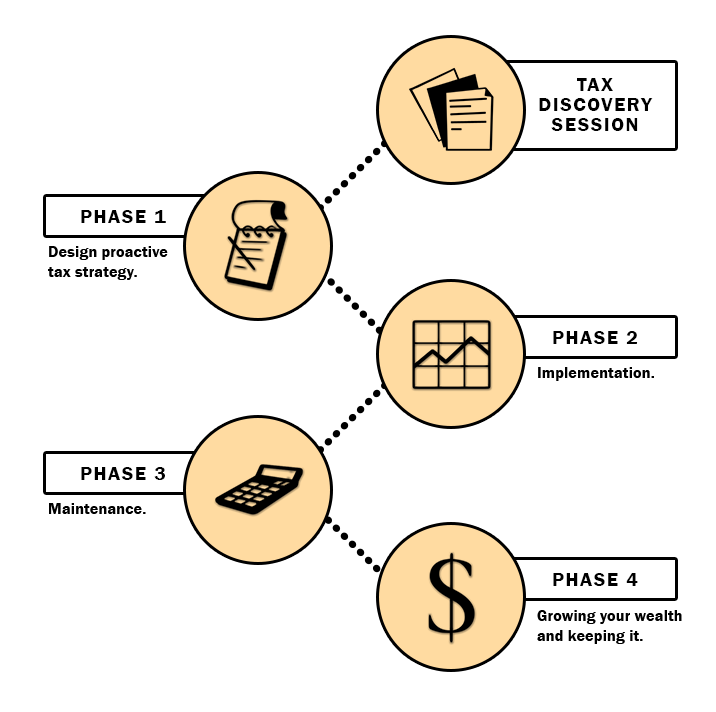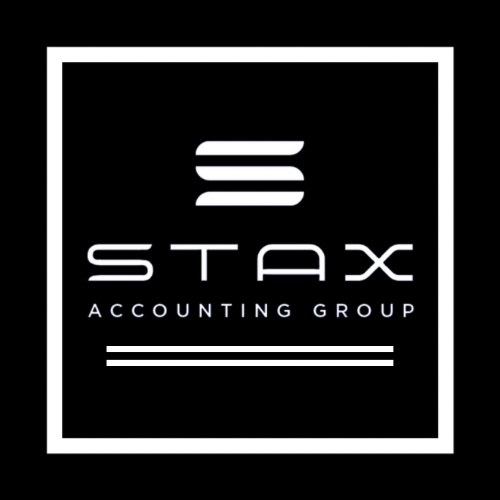
Tax planning and tax preparation are both essential components of managing a business’s tax obligations, but they serve different purposes and involve distinct processes. Here’s a comparison between tax planning and tax preparation, along with reasons why business owners should use a tax planner:
Tax Planning:
1. **Purpose:**
Tax planning involves strategizing and implementing various techniques to minimize tax liabilities and optimize tax outcomes for the business. The goal is to legally reduce tax obligations while maximizing after-tax profits.
2. **Timing:**
Tax planning is an ongoing process that occurs throughout the year, focusing on proactive strategies to mitigate tax liabilities before they arise. It involves analyzing the business’s financial situation, identifying tax-saving opportunities, and implementing strategies to optimize tax outcomes.
3. **Strategies:**
Tax planning encompasses a wide range of strategies, including income deferral, expense acceleration, entity structuring, tax credits and deductions utilization, retirement planning, and investment decisions. These strategies are tailored to the specific needs and goals of the business to minimize tax burdens.
4. **Long-Term Focus:**
Tax planning takes into account the long-term financial objectives of the business, considering how current tax decisions may impact future tax liabilities and overall financial health. It involves strategic decision-making to position the business for sustainable growth and profitability while minimizing tax risks.
Tax Preparation:
1. **Purpose:**
Tax preparation involves the process of gathering financial data, completing tax forms, and filing tax returns accurately and on time. The goal is to fulfill the business’s legal obligations by reporting income, deductions, and other relevant information to tax authorities.
2. **Timing:**
Tax preparation typically occurs annually, following the end of the tax year. It involves compiling financial records, reconciling accounts, calculating taxable income, and preparing tax returns for submission to the relevant tax authorities by the filing deadline.
3. **Compliance Focus:**
Tax preparation focuses on compliance with tax laws and regulations, ensuring that tax returns are completed accurately and in accordance with applicable tax rules. It involves thorough documentation, adherence to reporting requirements, and compliance with filing deadlines to avoid penalties and fines.
Why Use a Tax Planner as a Business Owner:
1. **Maximize Tax Savings:**
A tax planner can help business owners identify opportunities to minimize tax liabilities through strategic tax planning techniques. By leveraging tax-saving strategies and optimizing tax outcomes, business owners can maximize after-tax profits and preserve capital for business growth and investment.
2. **Proactive Approach:**
Tax planners take a proactive approach to tax management, continuously monitoring changes in tax laws, regulations, and business circumstances to identify new opportunities and risks. By staying ahead of tax developments and implementing proactive strategies, business owners can adapt to changing tax environments and minimize tax risks.
3. **Customized Strategies:**
Tax planners develop customized tax strategies tailored to the unique needs and goals of the business. They assess the business’s financial situation, industry dynamics, and future objectives to design tax plans that align with the business’s long-term interests and optimize tax outcomes.
4. **Financial Planning Integration:**
Tax planners integrate tax planning with broader financial planning goals, such as retirement planning, estate planning, and wealth management. By considering the interconnectedness of tax, financial, and business objectives, tax planners help business owners achieve comprehensive financial planning strategies that maximize overall financial success.
5. **Compliance and Risk Management:**
Tax planners ensure compliance with tax laws and regulations while managing tax risks effectively. They stay abreast of regulatory changes, assess the potential impact on the business, and implement strategies to mitigate tax risks and maintain compliance with tax authorities.
Overall, using a tax planner as a business owner can provide numerous benefits, including maximizing tax savings, adopting a proactive approach to tax management, implementing customized strategies, integrating tax planning with broader financial goals, and ensuring compliance with tax laws and regulations. By leveraging the expertise of a tax planner, business owners can optimize tax outcomes, minimize tax risks, and achieve long-term financial success.
